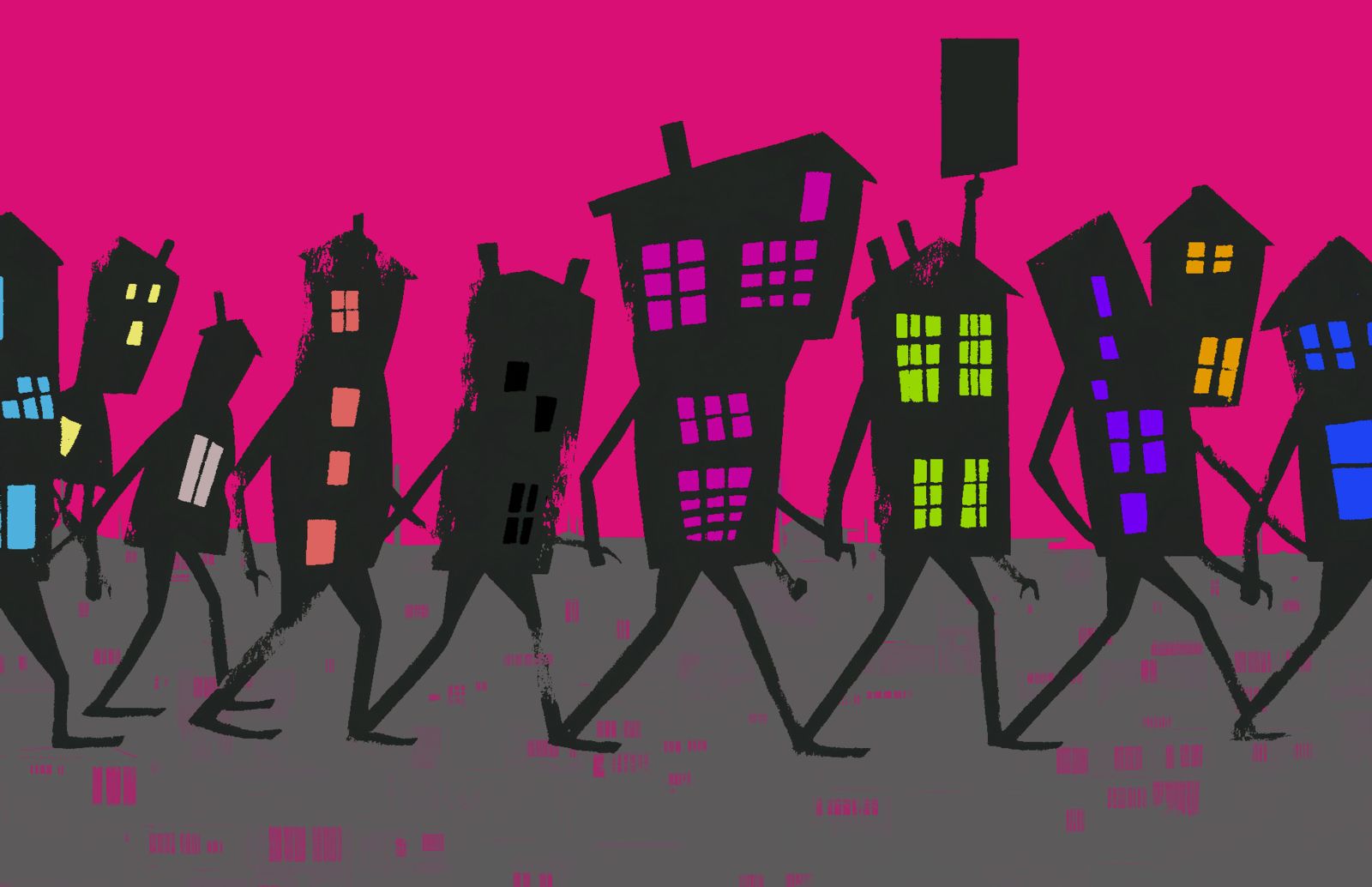Human rights activists are driving innovative, impactful advocacy in localities across North America. The essays in this series make it clear that human rights are being refashioned on the ground, in practice, in ways that leverage the international human rights system even as they push to reorient and rebuild it.
The series, then, raises a critical question: Can cities emerge as alternative political spaces to assert and reimagine rights within a global order shaped by the growing dominance of authoritarian nationalism? In an era of increasing—if also more fraught—mobility, cities are crossroads of people, cultures, and ideas from around the world, and thus often emerge as centers of progressive innovation. As such, the rise of people-centered human rights activism in cities around the world should be no surprise. Fueled by practical and theoretical innovations from the Global South, these movements are growing as trans-local networks link communities across both the South and the North.
Local organizing to solve global problems
This people-centered praxis makes the local a natural and appropriate site of human rights organizing and activism. In this context, “local” does not carry connotations of insularity or provinciality—in many cases, the problems that cities are tackling are cross-border issues that nation-states cannot or will not address, such as housing, racism, truth and historical memory, climate change, and gender-based violence. For us, “local” means something like “engaging people’s daily lives and struggles and tackling the problems that most affect them.” In this sense, a “local” approach is necessarily global and intersectional.
This is perhaps why organizing and activism around human rights cities defy neat categorization in terms of space and scale. These local efforts make use of international human rights standards but are not limited by international frameworks or traditional modes of human rights advocacy. Trans-local activists utilize global human rights laws and norms as levers for local change, but they also develop creative, contextually-sensitive responses to the needs facing particular communities—knowledge they share and adapt through networks like the Human Rights Cities Alliance. This work includes advocacy, promoting accountability, policy-making, and institution-building. Perhaps most importantly, it expands existing political imaginaries by reconceiving communities as inclusive, solidaristic, and ultimately emancipatory.
This discursive or symbolic transformation is both the main aim and the primary challenge facing human rights city organizers. Decades of neoliberal austerity have left the state hollowed out, an unwilling and increasingly incapable defender of human rights. Moreover, as our colleagues write, “The world is witnessing a full-scale attack on human rights” by authoritarian leaders who are actively dismantling existing protections and punishing those who seek either to defend their own rights or advocate for the rights of “others.” These attacks often explicitly target local efforts to protect and expand human rights. Dehumanization has once again become a political tactic of mainstream political parties, perhaps most notably in the self-described “advanced” democracies of Europe and across North America.
The future is local
These assaults are poisoning our contemporary politics, and yet, paradoxically, they may also be opening our political imaginations to new paths of potential transformation. Change will come, but its direction and effects remain to be determined. Advocates of human rights cities are struggling to shape a future for human rights. By designing and promoting policies that put the most vulnerable and precarious members of our communities first, organizers and activists seek to enact an intersectional approach to fighting injustice that builds community through solidarity while embracing equality in difference and difference in equality. By building institutions and practices that protect and advance human rights, human rights cities advocates seek to change the material conditions of people’s lives in ways that enable them to envision alternative futures.
The local turn in human rights is not merely a pragmatic response to the retreat of nation-states from their global obligations. It is a deliberate and ambitious reimagining of how rights are claimed, protected, and lived. It aims to empower communities to take ownership of global human rights norms, not as isolated actors, but through dense, trans-local networks that transcend borders. Moreover, it challenges top-down approaches that detach rights from people’s lived realities, insisting instead on bottom-up, culturally grounded narratives of justice.
Lastly, this local turn expands our collective political imagination beyond state-centric models, pointing toward participatory, pluralistic ways of conceiving social contracts that are rooted in solidarity. Far from being simply a stopgap, this local activism is redefining the terrain of human rights struggle by grounding symbolic change in tangible policy transformations. This reorientation is crucial at a political moment when the continent is reeling from the Trump Administration’s aggressive and xenophobic policies and rhetoric toward Canada and Mexico. These US-driven upheavals will surely complicate efforts at cross-border cooperation and collaboration. At the same time, they underscore the need for translocal, community-driven responses to the rising tides of exclusion, dehumanization, and political tension across North America and beyond. Perhaps more than ever, the future of human rights is local.
This article is part of a series in partnership with the Human Rights Cities Alliance. See other articles in this series here.

